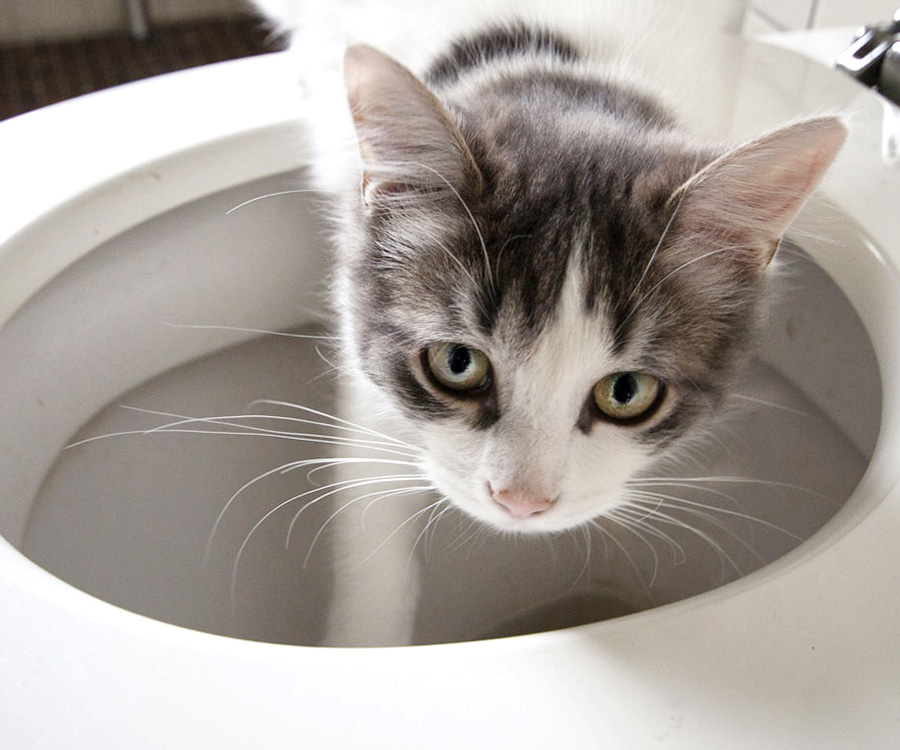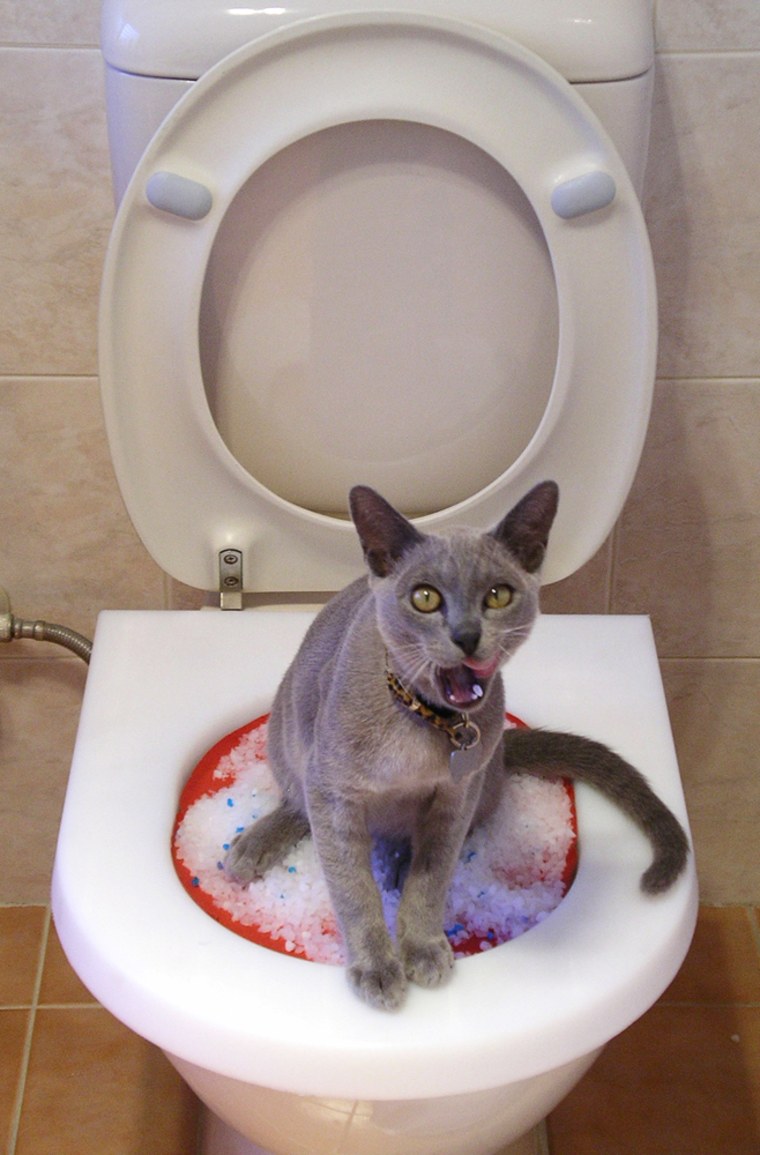Dangers of Flushing Cat Poop Down Your Toilet - Avoid Possible Issues
Dangers of Flushing Cat Poop Down Your Toilet - Avoid Possible Issues
Blog Article
We have unearthed this article pertaining to Don’t flush cat feces down the toilet down the page on the web and figured it made good sense to write about it with you here.

Intro
As pet cat owners, it's vital to be mindful of exactly how we dispose of our feline friends' waste. While it may seem hassle-free to flush feline poop down the toilet, this practice can have damaging repercussions for both the setting and human health and wellness.
Alternatives to Flushing
The good news is, there are safer and a lot more liable methods to dispose of cat poop. Consider the following options:
1. Scoop and Dispose in Trash
One of the most common technique of dealing with cat poop is to scoop it into a naturally degradable bag and toss it in the trash. Make certain to utilize a devoted clutter scoop and deal with the waste without delay.
2. Usage Biodegradable Litter
Choose biodegradable pet cat litter made from materials such as corn or wheat. These litters are environmentally friendly and can be safely taken care of in the garbage.
3. Hide in the Yard
If you have a lawn, think about burying cat waste in a marked area away from veggie yards and water sources. Be sure to dig deep enough to stop contamination of groundwater.
4. Mount a Pet Waste Disposal System
Purchase a pet garbage disposal system especially created for feline waste. These systems use enzymes to break down the waste, minimizing odor and environmental influence.
Wellness Risks
Along with environmental concerns, purging feline waste can also posture health and wellness dangers to humans. Feline feces may have Toxoplasma gondii, a bloodsucker that can trigger toxoplasmosis-- a potentially extreme health problem, particularly for pregnant females and individuals with damaged immune systems.
Environmental Impact
Flushing cat poop introduces unsafe microorganisms and bloodsuckers into the supply of water, posing a substantial danger to marine ecological communities. These pollutants can negatively influence aquatic life and compromise water quality.
Final thought
Responsible family pet ownership expands beyond giving food and shelter-- it additionally entails correct waste management. By avoiding purging feline poop down the commode and selecting different disposal techniques, we can minimize our environmental impact and protect human wellness.
Why You Should Never Flush Cat Poop Down the Toilet
A rose by any other name might smell as sweet, but not all poop is created equal. Toilets, and our sewage systems, are designed for human excrement, not animal waste. It might seem like it couldn’t hurt to toss cat feces into the loo, but it’s not a good idea to flush cat poop in the toilet.
First and foremost, assuming your cat uses a litter box, any waste is going to have litter on it. And even the smallest amount of litter can wreak havoc on plumbing.
Over time, small amounts build up, filling up your septic system. Most litter sold today is clumping; it is made from a type of clay that hardens when it gets wet. Ever tried to scrape old clumps from the bottom of a litter box? You know just how cement-hard it can get!
Now imagine just a small clump of that stuck in your pipes. A simple de-clogger like Drano isn’t going to cut it. And that means it’s going to cost you big time to fix it.
Parasitic Contamination
Believe it or not, your healthy kitty may be harboring a nasty parasite. Only cats excrete Toxoplasma in their feces. Yet it rarely causes serious health issues in the cats that are infected. Most people will be fine too if infected. Only pregnant women and people with compromised immune systems are at risk. (If you’ve ever heard how women who are expecting are excused from litter cleaning duty, Toxoplasma is why.)
But other animals may have a problem if infected with the parasite. And human water treatment systems aren’t designed to handle it. As a result, the systems don’t remove the parasite before discharging wastewater into local waterways. Fish, shellfish, and other marine life — otters in particular — are susceptible to toxoplasma. If exposed, most will end up with brain damage and many will die.
Depending on the species of fish, they may end up on someone’s fish hook and, ultimately on someone’s dinner plate. If that someone has a chronic illness, they’re at risk.
Skip the Toilet Training
We know there are folks out there who like to toilet train their cats. And we give them props, it takes a lot of work. But thanks to the toxoplasma, it’s not a good idea.

We were shown that report on How to Dispose of Cat Poop and Litter Without Plastic Bags from a friend on a different domain. Appreciated our blog entry? Please share it. Let somebody else find it. Thank you so much for going through it.
Call Today Report this page